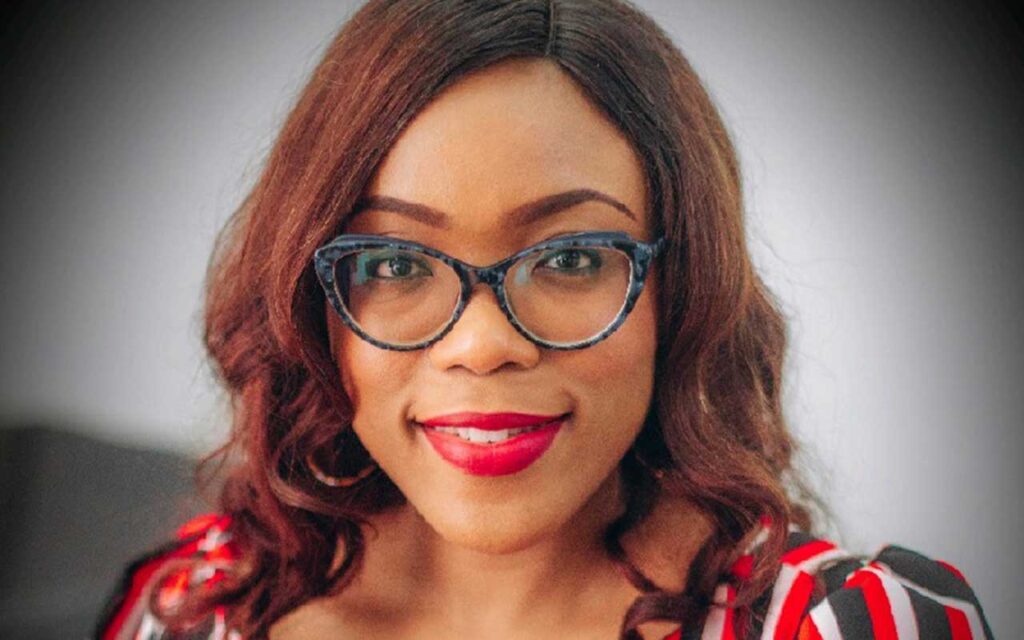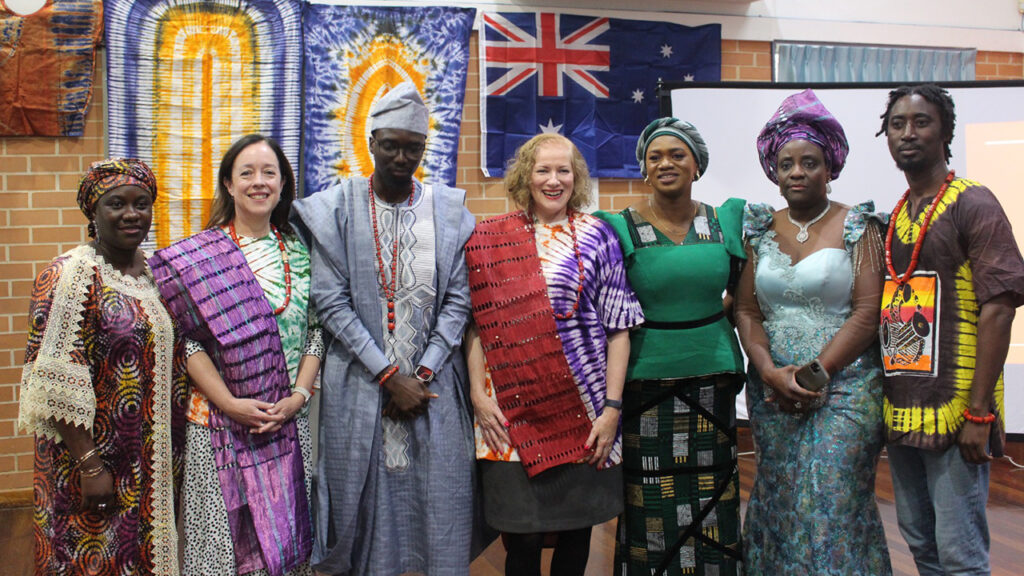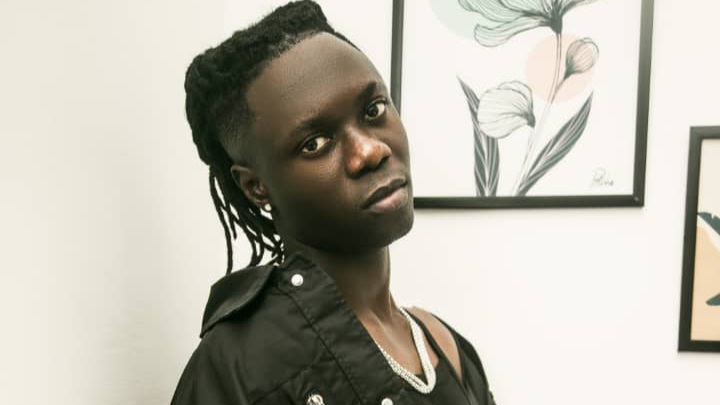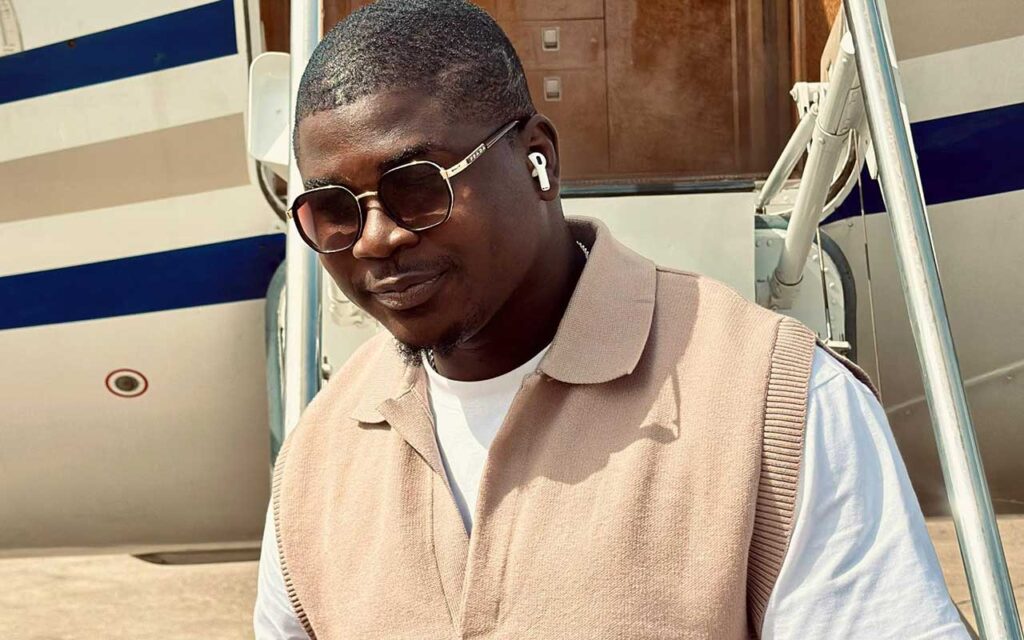 I am Earth’s child. Earth hears my words. Earth does my biddings.—chorus (translated)
I am Earth’s child. Earth hears my words. Earth does my biddings.—chorus (translated)
Minutes after it ended, we (a company of friends) remained on our seats, relishing the artfulness of the play, and agreeing that drama is certainly under-recognised as a genius art form that achieves so much with the minimal. The play was Cheta Igbokwe’s Brother-Brother, which premiered in Nigeria on March 6, 2024 at the New Arts Theatre, University of Nigeria, Nsukka. It was directed by Richard Umezinwa and co-directed by Roland Odo and Ugochukwu Ugwu.
Exploring the intricacies of family relationship, strife between siblings, and the quest to be in control over our fate, Brother-Brother, in ninety minutes, tells about two brothers, Ndaa Okenta (played by Nwachukwu Sopulu) and Ojemba (Nwajei Kelechi), whose quest to prolong their years on earth become their undoing, the very cause of their untimely death, just like it had been with their father.
The play opens with the masquerades’ “dance of defeat,” an idea I would term prodigious because not only was it aesthetically pleasing, it was invigorating, getting the audience into lively spiritedness and anticipation. What follows is a disturbing dialogue between Ndaa Okenta and his wife, Ifenkili (Ogbue Chidubem), where she complains about the constant visit of the masquerades to her dream. Ndaa replies, “Dance with them, for they are your friends.” This reply stirs unease in the viewer, and with other elements of this first scene, establishes the conflict. So the viewer watches, looking forward to meeting in the rest of the play the answers to the questions the scene has raised in their head. I think that the setting of the bedroom where this takes place is masterful. The dim lighting, complemented by candles and incense, create a hue that suggests something bordering on the mystical. The sparse furniture of stools and tables makes the scene exactly what it is meant to be—the bedroom of a low class rural dweller.
The same skilfulness shows itself in the setting of Ojemba’s sitting room. The flourescent lighting, book shelf, family portraits, curtains, window blinds, rug, dining table adorned with fruits and wine are fitting of the home of a professor who just returned from Iowa. This is praiseworthy of the set and light team made up of Nwibo Emmanuel, Ezeugwu Kizito, Obiora Sixtus and others. Even the props and makeup bear testimony to expertise—Nwachukwu Sopulu and Nwajei Kelechi completely embody the old men roles they play, both in looks and action. Very impressive is how Nwajei Kelechi adopts the tongue of the travelled professor. His wispy accent, helped by the wide vocabulary (talk about “magnum miraculum”), makes it so. Ilogeme Chidimma is another character who successfully immerses herself in the role she plays—that of Oriaku.
Brother-Brother does not excel only in its artistic appeal but also in the significance of its content, manifesting in the weightiness of the dialogues and monologues. For when in his prayers, Ndaa says, “I know you have come to take away the life that gives my brother joy. Take it away; for he does not deserve it,” and in a conversation with Ojemba says, “I only found out that the house built in three months belonged to my brother when you returned to it,” we get a glimpse into the dynamics of this brother-brother relationship. The chorus, with its soothing tempo, also bears this weight in metaphoric qualities: “Nwata nwata, gini ka i ji n’aka? Ejula, ejula ooo…” Child, child, what do you hold in your hands? Snail oh oh-oh. The first rendition by the chorus is even more striking, for in a way, it plays out in Ndaa’s destiny, which he entices his brother-brother to share with him. “Abum nwa ala. Ala na-anu okwu m. Ala na-eme okwum…” Indeed, the earth does his biddings, accepting the intertwining of their lives with Ifenkili’s.
Yet, this weightiness replete throughout the play does not douse the humour in any way. Each time Ojemba says, “When death knocks on this door, she will find me ready,” a knock is heard on the door, and his reaction challenges the claim he had made, eliciting laughter from the audience. Another hilarious moment is when Ndaa, in his ignorance, asks, “Who is charity?” Even the most serious situations have an amusing paradox to them. An instance is when Oriaku says to her husband, Ojemba, “I can die for you, but I won’t die with you.” This is also seen in Ndaa’s response to Ojemba’s inquiries about his age mates: “Those in your age grade? You are talking about the dead…” This ability to weave wit and humour into what is essentially tragic is the magic effect Igbokwe masterfully brings into his plays. Having seen ‘Homecoming’ and ‘Awele’, two of his previous plays, I was expecting to recognise this trademark quality in Brother-Brother. I was not disappointed.
Also remarkable is that quality of “achieving a lot with the minimal” that runs through all of Igbokwe’s plays. Awele was enacted in just one setting and by only seven characters. Homecoming played out in two settings. Brother-Brother also. Like a martial artist who must take advantage of his environment to win a fight, Igbokwe deploys every available element for the play to realize its highest potential. So that even the names of the characters begin to tell their stories: Ojembanweilo—the sojourner should not court enemies; Oriaku—one who enjoys wealth. In Awele: Olekota—an overseer, and so on.
D. H. Lawrence says that “tragedy is like strong acid; it dissolves away all but the very gold of truth.” “Strong acid” is a phrase I abhor to use on beautiful art. Still, “the very gold of truth” appears stark before us at the end of the play. The tragic end of the brothers, Ndaa Okenta and Ojemba, portrays that there are things beyond the control of a man, such as choosing how long he lives. That seeking to avert this natural order comes with its consequences. And more noteworthy, that the endowment of man with limited capabilities by the creator is more protection than it is punishment.
Brother-Brother is out on Youtube. Watch it here: https://youtu.be/w1QRvaneDZo?si=RcRIB12lvnNrIb3h
Nenye Okoye is most known as a writer and an editor. Her works have appeared in The Muse Journal, The Lagos Review, The Crater Library Anthology, and elsewhere. She is the first runner up of the Ikenga Short Story Prize, 2021, and a winner of the iServe Creativity Prize for Creative Nonfiction in 2022. She served as associate editor in the boards of The Muse Journal No. 50 and No. 51.











